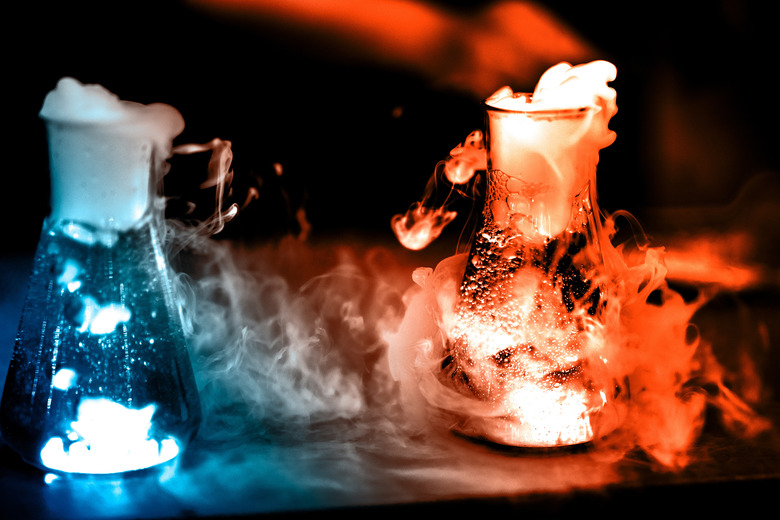New Technique Breaks Down 100% Of Forever Chemicals In One Night
A group of researchers in Japan developed a technique to break down forever chemicals overnight. What's even more impressive is that the technique is reportedly able to break down 100 percent of the pollutants and even recover some useful components in the process.
Per- and polyfluoroalkyl substances (PFAS) are a large class of chemicals often known as "forever" chemicals because they have a very high stability and resistance to both heat and water, making them hard to dissolve and break down. Because of this high resistance, forever chemicals are used in a lot of different cookware, clothing, and more.
But there's a downside to all of that, too. Since they don't break down, these chemicals tend to linger in the environment as well. They can also accumulate in the human body and have been linked to various health conditions including diabetes, fertility issues, and even cancer. So, finding a way to break down forever chemicals has become a bit of a priority for many.

The technique relies on a new compound solution made up of semiconductor nanocrystals of cadmium sulfide, some of which are made up of copper. These are then added to a mixture of water and triethanolamine (TEOA). The chemicals themselves are then added to the mixture, which can break down the forever chemicals slowly overnight.
This is accomplished by exposing the solution to LED lights running at wavelengths of 405 nm. When exposed, the nanocrystals become excited and cause the PFAS molecules to stick to their surface, while electrons are also generated and excited within the compound. This causes the fluorine ions from the PFAS molecules to break down, thus destroying the nearly unbreakable bonds of the forever chemicals.
Using this technique, the researchers were able to break down forever chemicals like perfluorooctanesulfonate in just eight hours. Another chemical called Nafion was able to break down 81 percent in just 24 hours. All of this was achieved at temperatures of just 38 degrees Celsius, or 100 degrees Fahrenheit. That's far cooler than previous attempts to break down these chemicals, which required 400 degrees Celsius (757 Fahrenheit).
Other researchers have worked to create tech that can filter forever chemicals from water, but this new method can actually break them down, not just remove them. The researchers published their full findings in the journal Angewandte Chemie International Edition.
